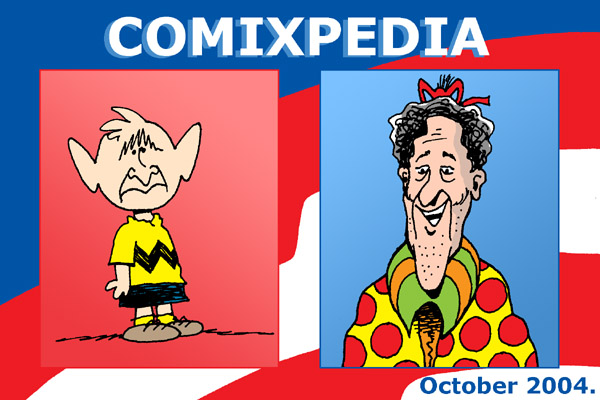I thought things were changing. Apparently I was wrong.
When Zuda released its contracts last month, I think they showed that the major comics publishers are more interested in acquiring properties than publishing books. As Gary Tyrrell over at Fleen said about the contracts, "Webcomics can do better and so can you."
Believe that! Contracts like Zuda’s play off the insecurities of creators — you’re the harshest critic of your work. Put that aside. If the comics industry refuses to change the way they operate, go to the publishers who will give you a fair deal.
I have a book coming out in January with a small but respected publisher, and receive compensation comparable with others in the prose publishing industry.
I thought things were changing. Apparently I was wrong.
Continue Reading →

Recent Comments